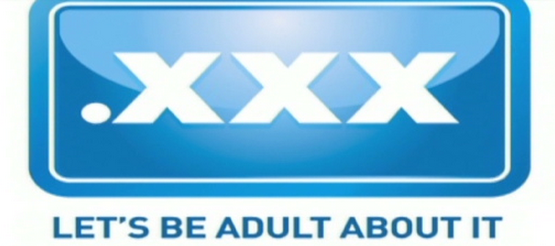
I agree with the principals of online age verification and the desire to introduce something that works. This is an area that I’ve researched over the years. We even held work shops with management from ICM Registry to see if we could come up with something that worked for .XXX websites. In short, we didn’t get beyond research.
I’m not sure why, but members of the UK Government is now looking to introduce age verification for pornography based websites. The four major ISPs that control over 95% of the market have content filters on by default. That is, you must prove that you are over 18 before the filter is removed. All of the major mobile operators also have filtering on be default. So what value will another hurdle have?
In my opinion, introducing age verification for the purpose of protecting kids from pornography (in the UK) is a bad idea for the following reasons:
- The UK already had a solution (I personally don’t like the implementation, but it’s a solution)
- (Some) pornography-based websites are known to have malicious intent, such as, but not limited to, malware and spyware attacks. So expecting people to give any form of personal information to such websites is unrealistic and unfair. That is of course, unless you enforce adult content providers to use specific domains that are verified. That’s a very bad idea because the number of sites on domains designed for adult content is too small to have an impact.
ICM is a global domain name registry operator, approved by ICANN for the purpose of initiating and maintaining a database of domain names within the .XXX Top Level Domain (TLD). As operator of the registry, ICM manages the domain name database and overall policies for the .xxx, .adult and .porn. ICM Registry is a member of the Digital Policy Alliance’s Age Verification Group and are committed to addressing the need for online age verification. This means that the work that the Digital Policy Alliance is undertaking has the potential to extend age verification measures beyond UK based adult content producers, which would have a significant impact on the accessibility of adult content to children and young people living in the UK.I think this is good. However, it might not have the impact that Rachel is hoping for with respect to protecting kids from pornography. MetaCert once had a contract with ICM for the provision of labeling every .XXX domain. Of the 7 million unique pornography based websites that we’ve classified, .XXX represents 0.66% (in case you didn’t read that correctly – less than 1 percent). So even if every ICM-based domain enforced age verification it’s not going to add that much value. For the sake of the record, MetaCert no longer has a contract with ICM for the provision of labeling their domains. And I have no idea what they are doing today, to ensure their domains are being labeled so parental control software can protect kids from their content. Rachael suggests that the British Standards Institute (BSI) is going to help with the creation of an age verification standard. As a qualified ISO9000 auditor, with experience working with BSI standards, I can assure you that this is not the right approach. If a real age verification solution is to work, it must come from industry where each stake holder has a commercial benefit to making it happen. I realize I’ve been a little negative but I don’t think age verification per say, is a bad idea. I actually think it’s a good idea. I just don’t think it’s suitable for Internet-based pornography in the UK. I have a lot of respect for Rachael and believe that she’s doing some great work in this area. You can read her entire blog post about this topic here and follow her on twitter here.
Security API for Mobile App Developers
April 6, 2015[…] I wrote a post entitled “Why the UK doesn’t need age verification to stop kids from accessing pornography“, to which Bob W. Smagge, who has been involved in the EU initiative to create a Better […]